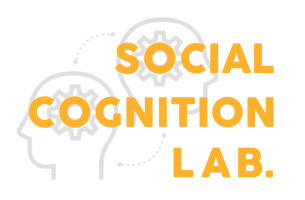Researchers typically make two assumptions about affective reactions. First, affective reactions are intrinsically conscious (i.e., subjectively “felt”). Second, affective reactions influence behavior regardless of motivation. Our studies question both assumptions. First, we show that behavior can be influenced when a person is unaware of having an affective reaction (in addition to the person being unaware of the stimulus causing an affective reaction). This suggests the possibility of a genuinely unconscious or “unfelt” emotion. Second, we show that “unconscious” affective reactions primarily influence behaviors that are motivationally relevant. For empirical papers, see: Winkielman, Zajonc, & Schwarz, 1997; Winkielman, Berridge, & Wilbarger, 2005; Bornemann, Winkielman, & van der Meer (in press). For reviews, see Berridge & Winkielman, 2003; Winkielman & Berridge, 2004, Winkielman, Berridge, & Sher, 2011; For a comprehensive treatment of the relation between emotion and consciousness, see the book Emotion and Consciousness (eds. Feldman-Barrett, Niedenthal, & Winkielman, 2005).
The research into “unconscious emotion” reflects my long-standing interest in the problem of introspective access, verbalizability of fleeting and subtle mental states, and subjective awareness in general. For a broad overview of my perspective on consciousness, see Winkielman & Schooler, 2008, 2011.
Finally, my colleagues and I are fascinated by the role of affect and motivation in decisions, including the neural basis of this influence (Winkielman, Knutson, Paulus, & Trujillo, 2007; Knutson, Wimmer, Kuhnen, & Winkielman, 2008).
